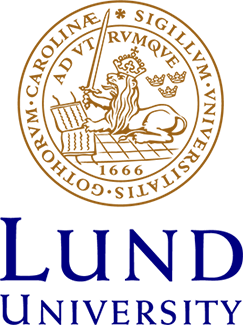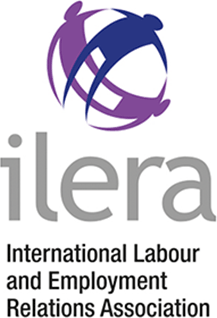Track 3
Equality, Diversity, and Inclusion
Increasing migration flows and globalized production processes not only forge new ties across the world; they also pose challenges to labour market governance, to welfare states, and to social cohesion. The fundamental changes associated with transient borders and technological change have brought new forms of work and employment relations as well as inequalities and conflicts. Workers in the more affluent countries face intensified competition from low-paid workers in developing and emergent economies. Peripheral regions are left behind in the restructuring of labour markets. In the global south, widespread informal employment calls for regulation to safeguard rights, provide social protection, and promote decent working conditions. In many OECD countries, new forms of precarious work are threatening standards that were previously achieved. The task of including migrant workers and low-skilled workers in new labour markets while combatting discrimination and exploitation puts new pressures on social actors and institutional frameworks. The global increase in female labour-force participation calls for a stronger focus on gender discrimination, equal treatment, and work-family policies. The ageing of the population and of the workforce poses new challenges in the world of work, related to care responsibilities borne by employees with elderly relatives, and to the safeguarding of a sustainable working life for persons of all ages. The risk of conflicts and tensions between different generations, as well as between other groups in the working population, is another serious challenge posed by current demographic developments.
We welcome papers and special sessions on such topics as the following:
- Job polarization, segmented labour markets, new insecurities, and the working poor
- Tension between migrant workers and host country welfare states and labour markets: inclusive policies and decent work?
- Gender inequalities, discrimination, and harassment: moving forward or back?
- The role of non-discrimination law and of policies and measures to promote equal treatment
- Informal ‘shadow’ workers and global care chains

